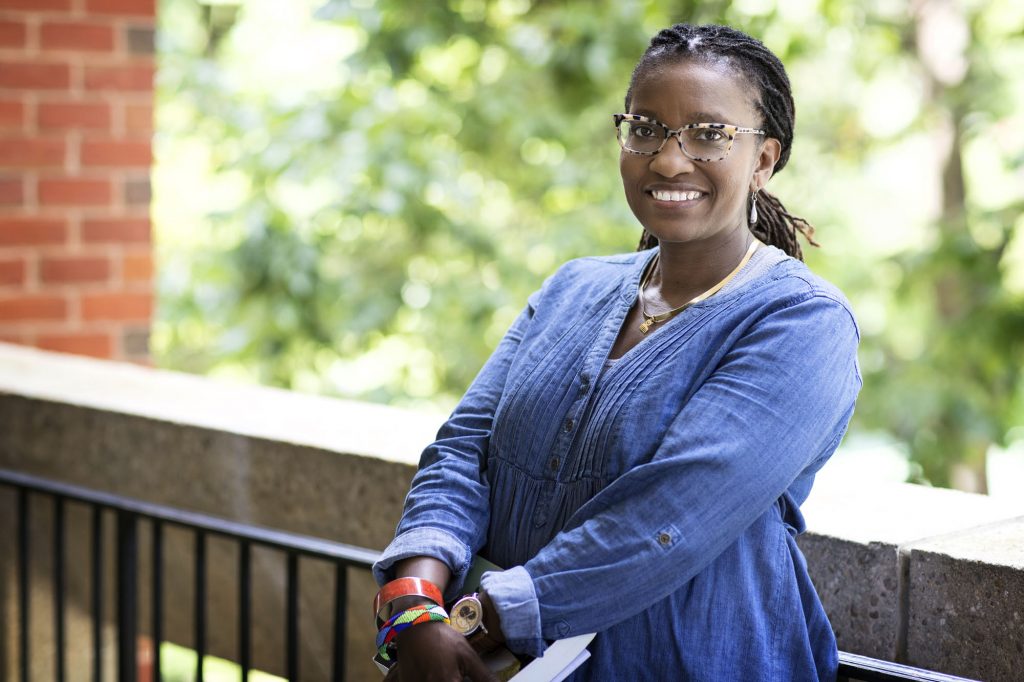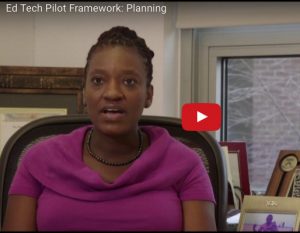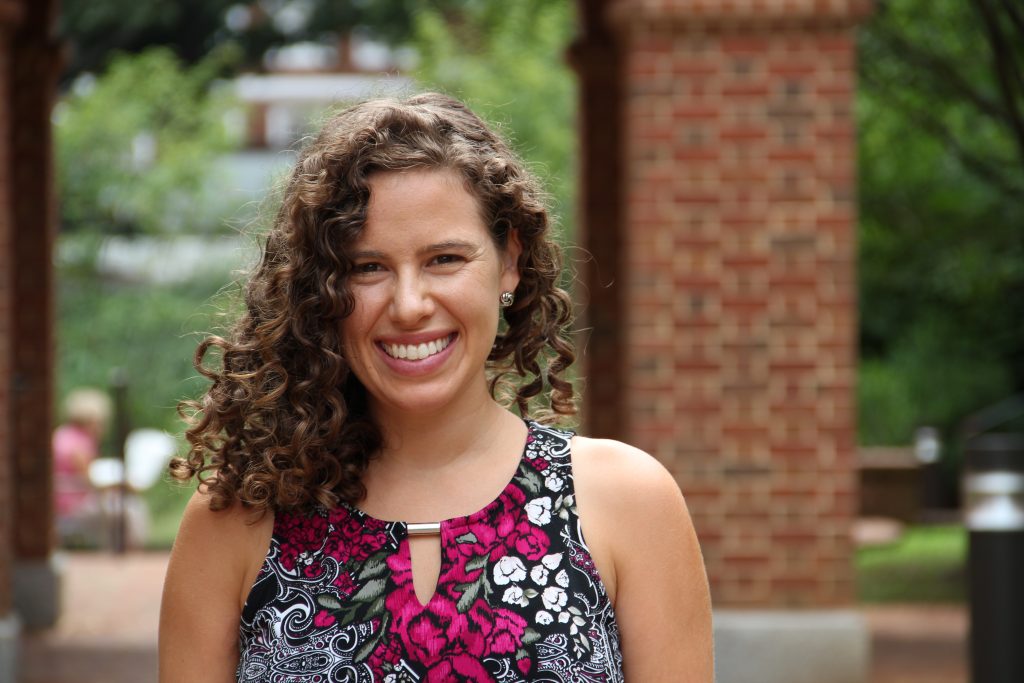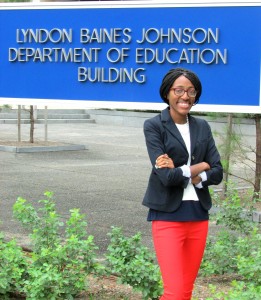By Johari Harris
Highlights:
- Youth-Nex hosted their 7th conference in November 2019.
- The title of the conference was “Dialoging for Democracy: Youth Moral Reasoning and Social Justice.”
- Co-chair Dr. Johari Harris discusses why this conference was chosen and what participants got from attending.

The Unite the Right White Nationalist march that took place in Charlottesville on August 11 and 12th 2017 demonstrated the resiliency and inherent violence of White supremacy. In the time since, this nation has continued to see a rise in hate crimes directed at different, often marginalized, communities within the United States. These events run parallel to larger conversations about justice and human welfare happening both in the U.S. and abroad. From immigration to global warming, people are grappling with what solutions to these problems should look like. While these issues and subsequent conversations are often viewed as “best left to the adults,” events like March for Our Lives, the Global Climate Strike, and A Day Without Immigrants demonstrate the vested interest today’s youth have in these and other moral issues and the health of our overall democracy.
We at Youth-Nex wholeheartedly support these efforts. Further, we believe that, rather than overlooking the concerns of youth, our educational and policy systems should center youth in the process of understanding complex problems by paying attention to how youth think about these issues and how adults can support youth’s engagement in creating solutions to them. I had the wonderful opportunity to co-chair the 7th Youth-Nex conference on “Dialoging for Democracy: Youth Moral Reasoning and Social Justice” with Dr. Nancy Deutsch (Director of Youth-Nex) in November 2019.
We realized during the planning of this, however, that there are key questions we must consider as we seek to support and collaborate with youth.
First, how does youth’s thinking about complex moral and social issues shift as they grow and change? What does the science of child and adolescent development tell us about how to best scaffold youth’s engagement with moral issues and how do we then engender civic engagement among youth? Second, what is the role of dialogue in this process? What are best practices for engaging youth in moral issues? Finally, how do we engage youth in moral issues in our current social and political climate? In particular, how do we do this work within K-13 spaces, both formal and informal educational settings?
To begin answering these questions, the conference looked closely at the developmental processes related to how youth think about moral issues, the power (and constraints) of dialogue, and the relationship of both of these constructs to democracy. Importantly and intentionally, we kept the structural issues youth face at the forefront of the conversation. There must be an understanding of macro-level forces, like systemic racism, that dictate the effectiveness and expression of individual agency. Therefore, we discussed how implicit and explicit issues of power cannot be divorced from the types of dialogue in which youth can engage. We unpacked the developmental process related to moral reasoning, empathy, civic engagement, and perspective taking, and provided examples of best practices of how to do this work in a range of spaces from classrooms to camps.
Our hope was that participants left the conference ready to return to their own spaces better equipped to amplify youth’s engagement with moral issues and social justice in ways that further their existing capacity as today’s change makers, and the future leaders of our democracy. You can watch video from all the sessions and many performances at the conference on the Youth-Nex youtube channel and our website.
_____
If you have any comments or questions about this post, please email Youth-Nex@virginia.edu. Please visit the Youth-Nex Homepage for up to date information about the work happening at the center.

Author Bio: Dr. Johari Harris is an Assistant Research Professor at the Curry School of Education and Human Development. Her work examines how social identities, specifically race and gender, along with cultural values systems, like Afro-centric values, influence African American adolescents social-emotional competencies. Her research is grounded in intersectionality, developmental psychology, and social psychology theories.




